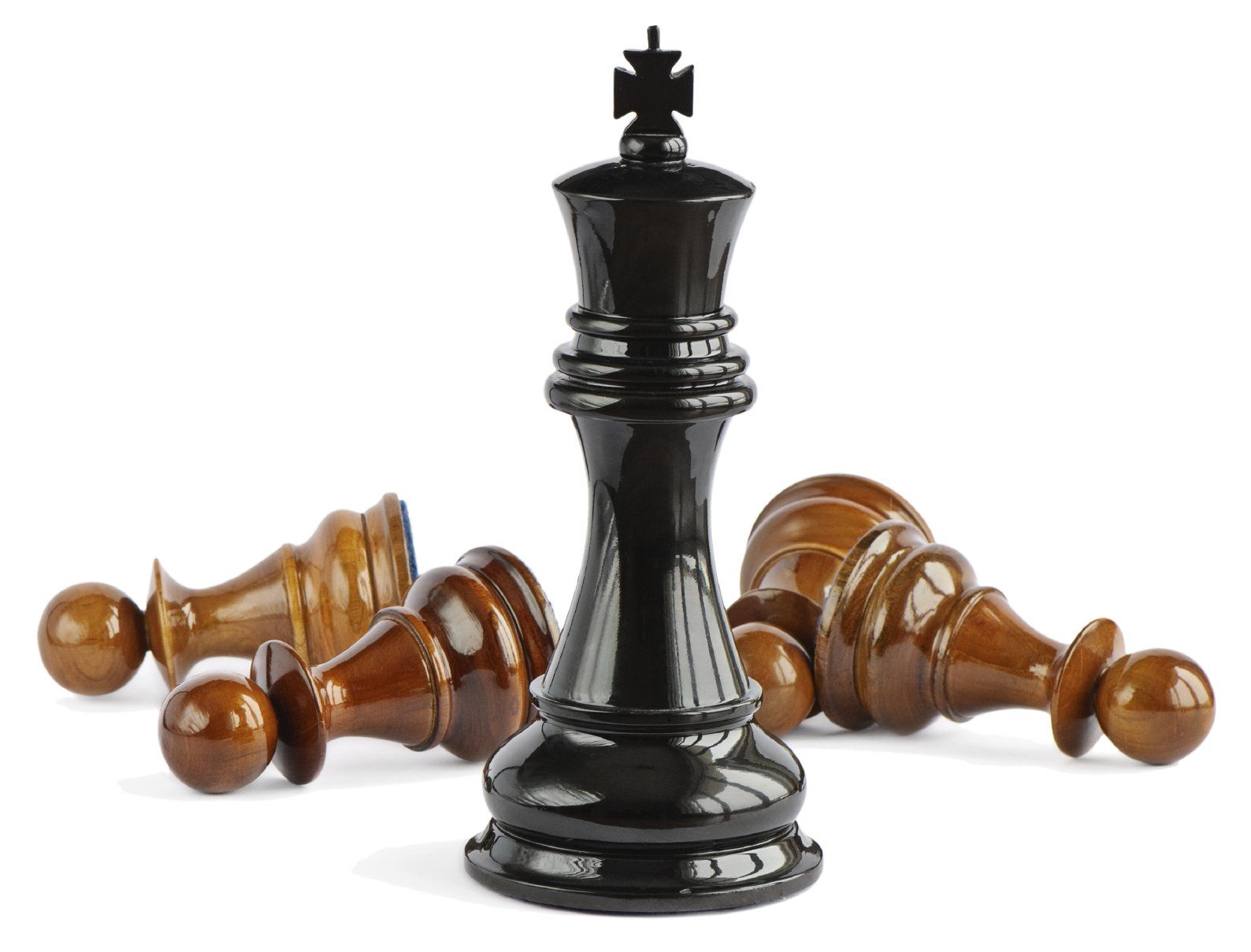Try to Remember!
Do you struggle to remember simple tasks, details, and facts? If so, you're not alone! Short-term memory loss is a common issue, but there are a few techniques you can use to help improve your memory.
In this blog post, we'll discuss five effective strategies to boost your short-term memory. From using mnemonic devices to practicing mindfulness, these techniques can help you remember more of what you need to know. Keep reading to learn how to maximize your short-term memory and stay focused!
1) Understand the Function of Short Term Memory
Before diving into these techniques, it's important to have a clear understanding of the function of short term memory. Unlike long term memory, which has the capacity to store information for a prolonged period of time, short term memory has a limited capacity and duration. It serves as a temporary storage system, holding onto information for a brief period before either being forgotten or transferred into long term memory. Short term memory allows us to actively process and manipulate information in our minds, enabling us to make decisions and solve problems in real-time.
To improve our short term memory, it is crucial to engage in lifelong learning and prioritize cognitive health. Research has shown that individuals who engage in activities that challenge their minds, such as reading, puzzles, or learning a new language, have better cognitive functioning, including short term memory. This is because the brain is like a muscle - the more we use it, the stronger it becomes. By engaging in mental exercises and
stimulating our brains, we can enhance our short term memory and overall cognitive abilities.
In addition to engaging in lifelong learning,
sleep and
exercise play a vital role in boosting short term memory. Adequate sleep is essential for consolidating memories and improving overall cognitive functioning. It is during sleep that our brain processes and stores information from the day, strengthening the connections between neurons and improving memory. Regular exercise, on the other hand, increases blood flow to the brain and promotes the growth of new neurons, which enhances cognitive abilities, including short term memory.
2) Get Enough Sleep and Exercise
Similarly, exercise has been linked to improved memory function. Physical activity helps to increase blood flow and oxygen to the brain, promoting neuroplasticity and the growth of new neural connections.
Regular exercise
has also been shown to reduce the risk of cognitive decline in older adults.
To reap the
benefits of sleep and exercise for your short term memory, aim for at least 7-8 hours of sleep per night and at least 150 minutes of moderate-intensity exercise per week. Try to establish a regular sleep and exercise routine to make these habits a consistent part of your daily life.
In addition to improving your short term memory, prioritizing sleep and exercise can also have numerous other benefits for your lifelong learning and cognitive health. So next time you're tempted to skip a workout or stay up late binge-watching Netflix, remember that your brain will thank you for making healthy choices.
3) Practice Active Listening and Repeating
Another aspect of active listening is repeating the information in your own words. This helps to reinforce your understanding and memory of the information. By paraphrasing what you have heard, you are actively processing the information and forming your own mental representation of it.
For example, if someone tells you their phone number, instead of simply nodding and moving on, take a moment to repeat it back to them. This can be done either in your mind or out loud. By doing this, you are giving your brain a chance to encode and store the information, increasing the likelihood that you will remember it later.
Additionally, when engaging in conversation or participating in a lecture or meeting, try to summarize what you have heard at regular intervals. This can be done mentally or by taking notes. By summarizing the information, you are reinforcing your understanding and memory of the content.
Incorporating active listening and repeating into your daily routine can greatly enhance your short-term memory. With practice, you will become more skilled at fully engaging with the information you encounter and retaining it for longer periods of time. Remember,
memory is like a muscle, and the more you exercise it, the stronger it becomes.
4) Use Mnemonic Devices
- Visualization: Creating a mental image of the information you are trying to remember can be an effective way to recall it later. For example, if you need to remember a grocery list, you could create a mental image of the items in your mind and their locations in the store.
- Association: You can also link the information you need to remember with something that is already familiar to you. For example, if you need to remember a phone number, you could associate each digit with a different object (such as a ball, a car, a tree, etc.) to help you remember it.
- Rhyming:
You can also use rhymes or songs to remember information. For example, you could create a song to help you remember the order of the planets in our solar system.
Using mnemonic devices can be a fun and creative way to improve your short term memory. However, it's important to choose a technique that works best for you and the type of information you need to remember. By regularly practicing and using mnemonic devices, you can improve your ability to remember important information quickly and efficiently.
5) Keep Your Brain Engaged with Mental Exercises
2. Learn a New Skill -
Learning a new skill such as
a new language,
playing a musical instrument or
painting, can help keep your brain active. It requires focus, concentration, and practice which helps in improving your cognitive abilities.
3. Read and Write -
Reading and writing are great mental exercises that help improve memory, vocabulary, and concentration. Start with a book that interests you, or start a daily journal to help improve your writing skills.
4. Engage in Group Activities - Group activities such as group discussions, debates, and team-building exercises are great ways to engage your brain and boost your short-term memory. These activities require you to listen, understand, and respond which helps in improving your cognitive abilities.
5. Meditate - Meditation is a great way to improve focus and concentration, which are important aspects of memory. It helps calm your mind and improve cognitive abilities such as memory, attention, and learning.
By incorporating these mental exercises into your daily routine, you can improve your short-term memory, focus, and concentration. Start with small activities, and gradually increase the complexity of the activities to keep your brain challenged and engaged.










